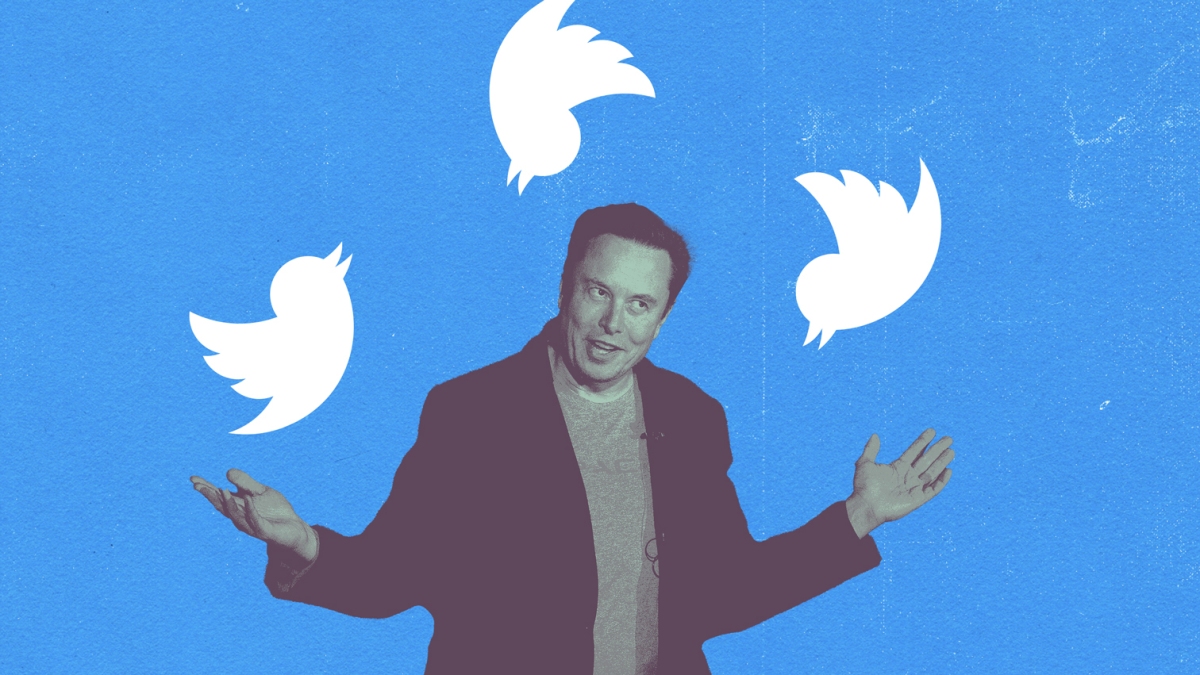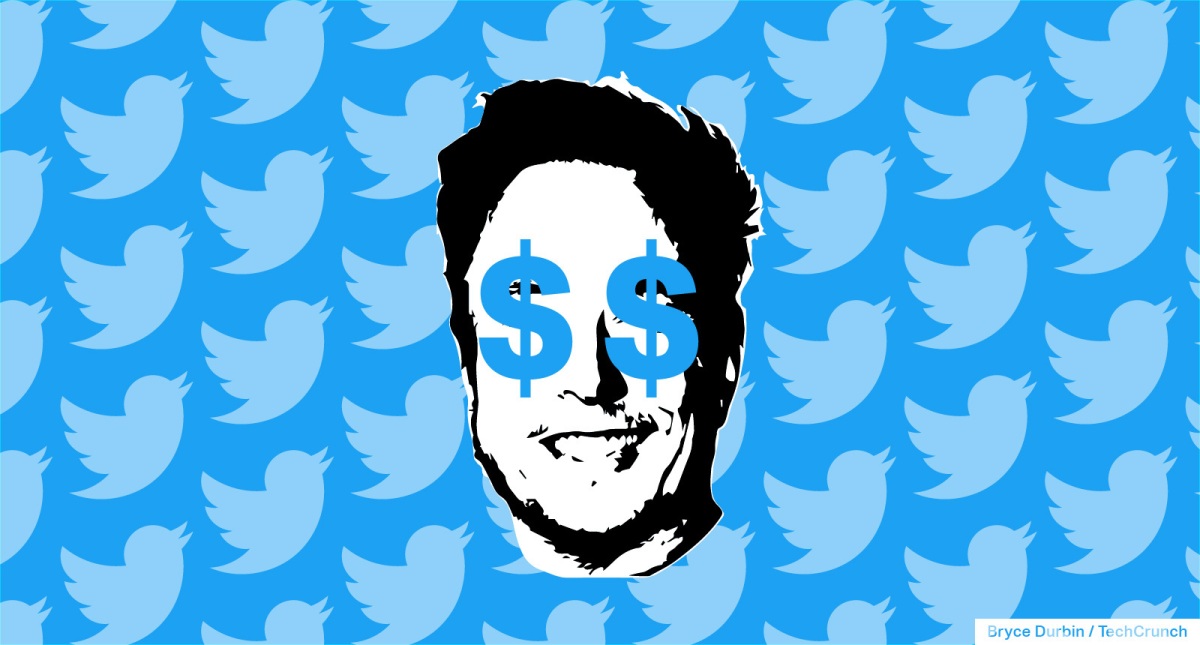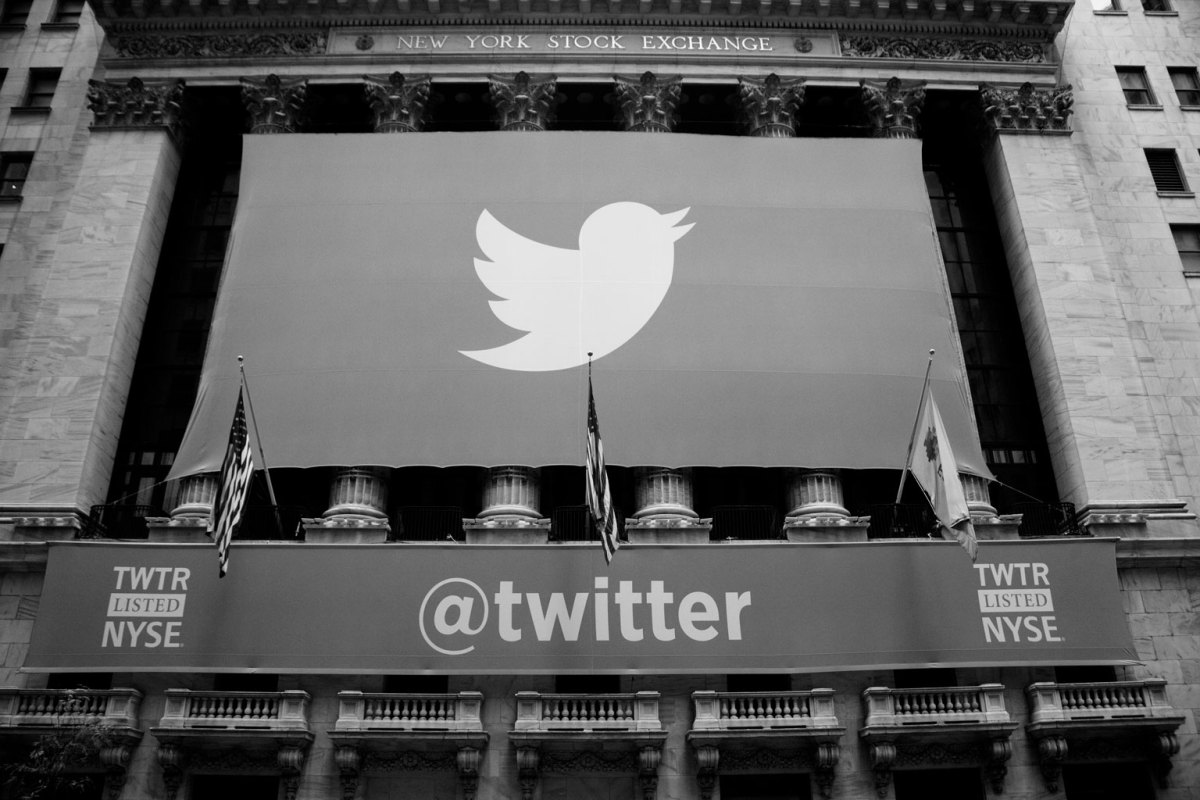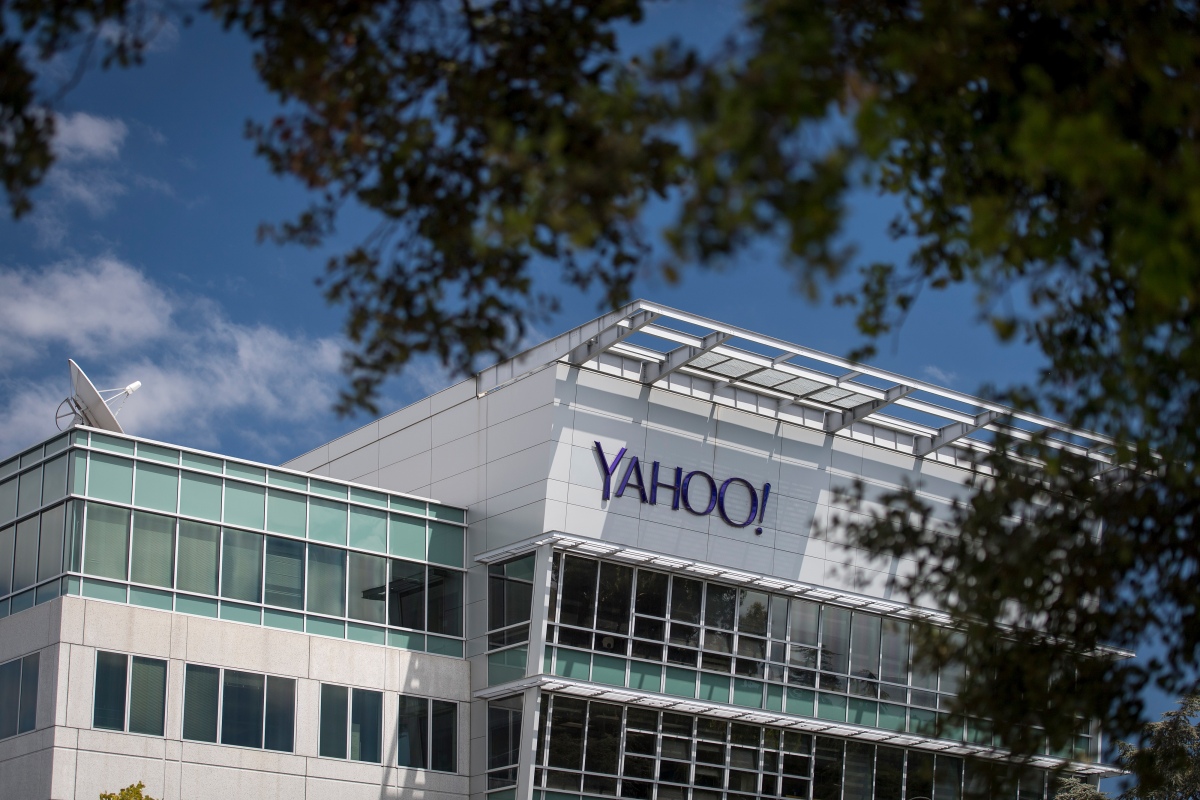Mozilla looks to its next chapter • ZebethMedia
Mozilla today released its annual “State of Mozilla” report and for the most part, the news here is positive. Mozilla Corporation, the for-profit side of the overall Mozilla organization, generated $585 million from its search partnerships, subscriptions and ad revenue in 2021 — up 25% from the year before. And while Mozilla continues to mostly rely on its search partnerships, revenue from its new products like the Mozilla VPN, Mozilla Developer Network (MDN) Plus, Pocket and others now accounts for $57 million of its revenue, up 125% compared to the previous year. For the most part, that’s driven by ads on the New Tab in Firefox and in Pocket, but the security products now also have an annual revenue of $4 million. With the launch of this year’s report, the Mozilla leadership team is also taking some time to look ahead, because in many ways, this is an inflection point for Mozilla. When Mozilla was founded, the internet was essentially the web and the browser was the way to access it. Since then, the way we experience the internet has changed dramatically and while the browser is still one of the most important tools around, it’s not the only one. With that, Mozilla, too, has to change. Its Firefox browser has gone from dominating the space to being something of a niche product, but the organization’s mission (“to ensure the internet is a global public resource, open and accessible to all”) is just as important today — and maybe more so — as it was almost 25 years ago when Mozilla was founded. To talk about the state of the business and to look ahead to what’s next for Mozilla, I sat down with its executive chairwoman and CEO Mitchell Baker, Mozilla chief product officer Steve Teixeira (who recently joined Mozilla after leaving Twitter), and Mozilla Foundation executive director Mark Surman. Mozilla’s executive chairperson Mitchell Baker. In talking about the state of the business, Baker noted that given the pandemic, 2021 was obviously not a normal year. For the first half of 2022, with the war in Ukraine and the overall economic headwind, Mozilla’s financials looked somewhat similar, she noted. But more importantly, Mozilla’s attempts at diversification are starting to pay off. “There are some things in 2021 that I think are our doing and that we intend to continue — multi-product, different business models, engaging with consumers — […] that do represent the future and our very early steps of making this new chapter of Mozilla,” she explained. With Mozilla’s three business models (privacy-preserving ads, subscriptions and search partnerships), the organization is now a bit more dependent on the overall ad market. But as Teixeira stressed, the market may be softer, but this has mostly manifested itself in slower growth, not a drop in the market. “For us, as a non-public company, that’s okay,” he said. “We can we can do great. Since we don’t have to manage a public market perception, all we need to have is a great business to run and that keeps us happy. ” He also believes that while its security products are a small portion of Mozilla’s overall revenue so far (with the VPN driving virtually all of that), there is still a lot of upside there. Mozilla is looking at how it can add more features and products to its overall security suite going forward, both as part of Firefox and as stand-alone products. Earlier this year, Mozilla introduced paid subscriptions for its Mozilla Developer Network (MDN). Teixeira said it was meeting the organization’s “modest expectations,” but also represented Mozilla’s willingness to experiment with these business models. With a product like MDN, which has a very long history, Mozilla has to be careful about how it manages an experiment like this, because it can easily backfire and tarnish its brand, too, something Baker acknowledged. “We were really determined to honor MDN for what it is and make sure that what we’re adding is truly a premium service,” she said. Yet while Mozilla continues to expand its product offerings, for a lot of people, its brand remains synonymous with Firefox. Both Baker and Teixeira stressed that Mozilla will continue to invest in Firefox and Teixeira especially stressed that he sees a lot of opportunity for growth on mobile. But Baker also noted that she wants Mozilla to stand for something more universal than that. “What I find about the Mozilla brandis that inspires hope, it represents aspiration,” she said. “I’ve been testing that the last few years, because we knew that Firefox was a global brand — which is hard to get, especially one that’s lasted 20 years — but I’ve been testing the Mozilla brand globally and found a couple things: it is a global brand, it’s not as well-known as Firefox, but it’s more well-known than you would expect.” But people want more from Mozilla, she argued. It’s one thing, after all, to fix Firefox (which Mozilla has arguably done) and compete with Edge and Chrome, it’s another to compete against Microsoft and Google and return a sense of agency to users when it’s so hard to preserve your privacy and security online. “[The internet] is controlled by a handful of organizations aimed at me, designed to get me to do something, buy something, believe something, take some kind of action,” she said about the current state of the internet. “What we don’t currently have, and why I spend my life energy here at Mozilla — we don’t have that power working on my behalf, reaching out into the world, looking for what I’m looking for or influencing the world, or finding the things I want or representing me. It’s aimed at me and no individual human has the resources to really understand or respond or take care of what’s going on.” Yet without solving for privacy and security online, it’s hard to see what’s next. “Privacy and security are necessary. We need them right now. People are aware of









